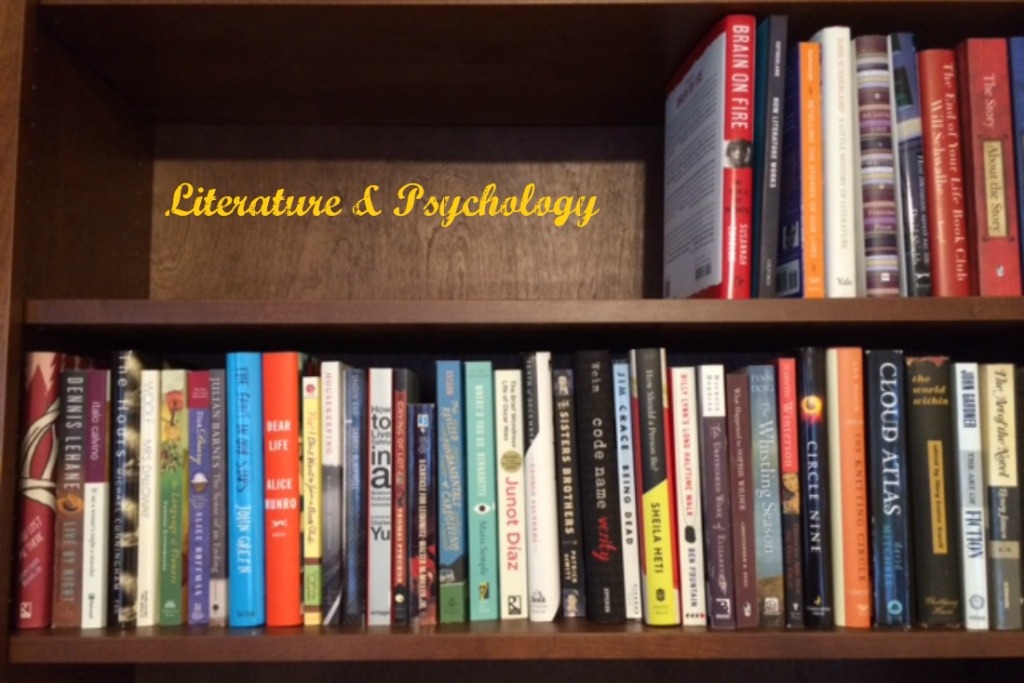Related Post:
Before I Go to Sleep: A Novel
by S. J. Watson
HarperCollins, 2011
Kindle Edition
A woman awakens, wonders where she is, rolls over—and is shocked to see a middle-aged man wearing a wedding ring and with hairs on his back sleeping next to her. She stumbles into the bathroom, where the hand that grasps the soap doesn’t look like hers. When she looks into the mirror, a middle-aged woman she doesn’t recognize, 20 or 25 years too old to be herself, stares back at her in shock. Then the man from the bed comes into the bathroom. “I’m your husband, Ben,” he tells her, and explains that almost 20 years ago, at age 29, she had an accident that caused amnesia. Every morning he has to give her the same explanation, he says, because she loses each day’s memories when she goes to sleep at night.
The first-person narrator of these events is Christine Lucas, age 47. All she knows about her recent self is what Ben tells her before leaving for work; her own memories seem to end in her early 20s. Alone in the house and wondering what to do, she receives a phone call from a man who says that he is Dr. Nash, her doctor, and that they have been working on trying to improve her memory. She has no recollection of him but agrees to meet with him for coffee. Dr. Nash gives Christine a leather-bound book and tells her that she has been writing in as a possible way to stimulate her memory. Eager to learn something about herself, Christine opens the journal and finds three chilling words: DON’T TRUST BEN.
And so begins Christine’s journey to find out the truth about herself and her past. Each night, before going to sleep, she adds more information to the journal. Each morning Dr. Nash telephones to tell Christine to find the journal in her closet and read it. As she accumulates more information, she finds more questions than answers. And as vague snatches of memory start tantalizing her, her intuition not to trust Ben deepens.
Before I Go to Sleep is a mesmerizing page-turner, the kind that will keep the reader up all night. Who is Christine, really? What happened to cause her amnesia? And who is Ben, the man upon whom she is so dependent? Can she trust her intuition? And what will finally happen when her journal becomes too long for her to read anew every morning? The nature of the novel’s premise requires that the reader occasionally know more than Christine knows as she seeks answers to these questions, and Watson does a good job of inserting the necessary information while at the same time maintaining suspense.
Initially I read this novel on the level of the thriller that it is. But swirling just below the thriller’s surface are aspects of that most basic human question: Who am I? Christine’s drive to discover and reclaim her past is a quest for self-knowledge, for her own sense of identity: “All I want is to feel normal. To live like everybody else, with experience building on experience, each day shaping the next. I want to grow, to learn things, and from things” (p. 155). We need memories to give us a sense of the continuity of our existence. Without the knowledge of our own past, we cannot know who we are in the present. Christine realizes this as she stares at the journal containing the substance of her life: “But, I realized, these truths are all I have. They are my past. They are what makes me human. Without them, I am nothing. Nothing but an animal” (p. 160).
For Christine, finding out who she is involves rediscovering her past life experiences and the lessons she has learned from them. We all create a sense of our own identity by assembling memories of past events into a life narrative that demonstrates how we have become the person we are today. Only by reclaiming the story of her past life can Christine become a unique, independent individual. Christine realizes this near the end of the novel, when she has learned the truth about herself and her husband: “And I will tell him about this journal, that finally I am able to give myself a narrative, a life, and I will show it to him, if he asks to see it. And then I can continue to use it, to tell my story, my autobiography. To create myself from nothing” (p. 274).
This review originally appeared on Metapsychology Online Reviews.
© 2011 by Mary Daniels Brown

